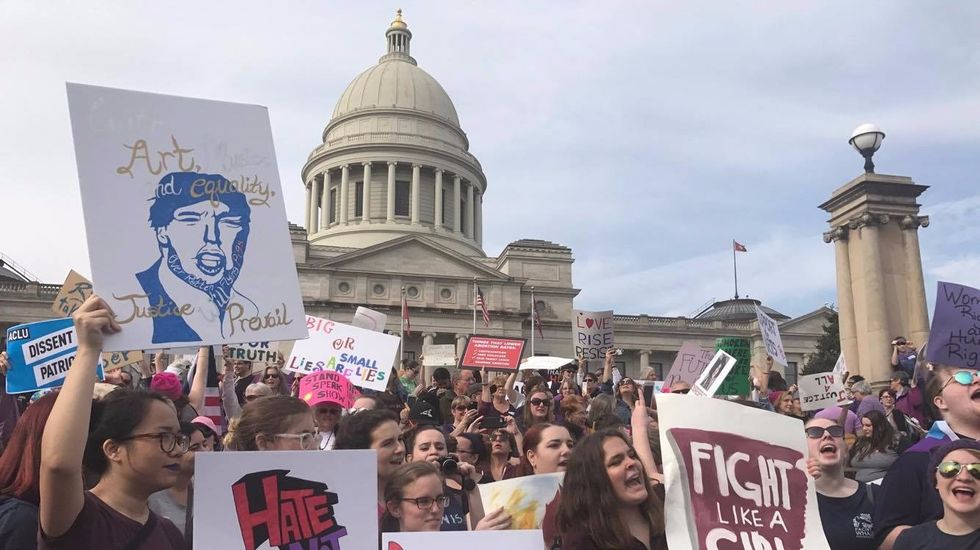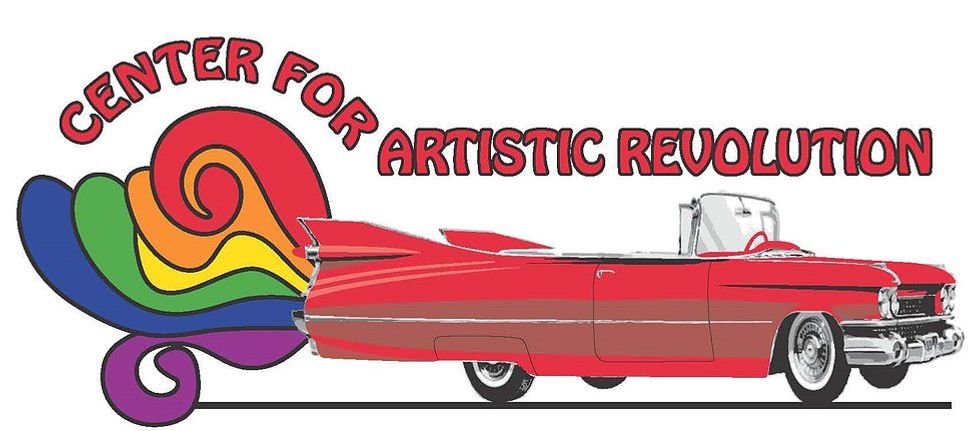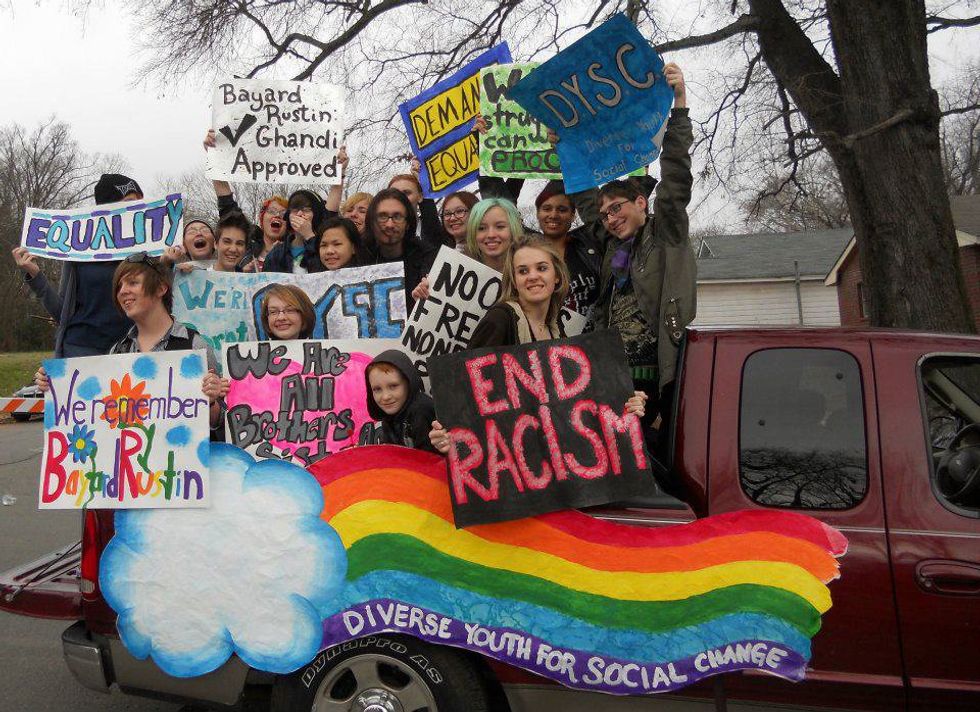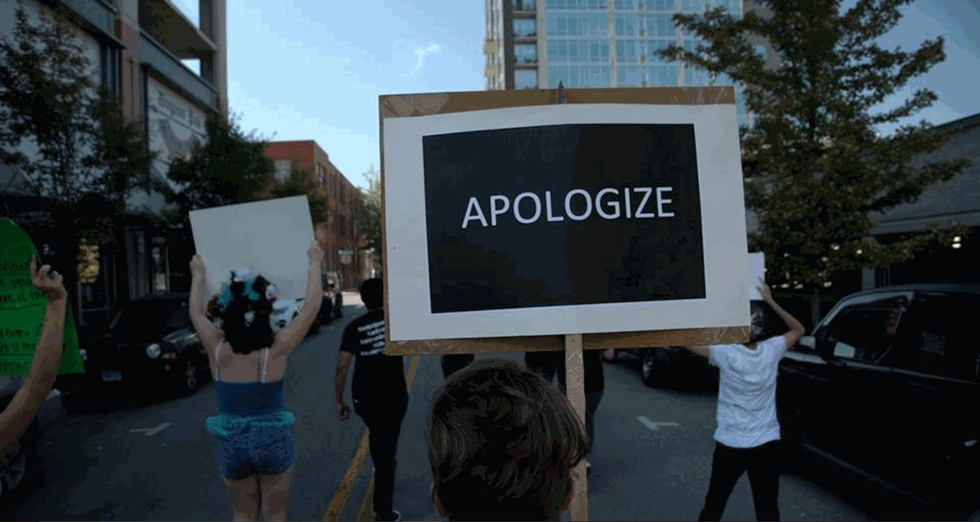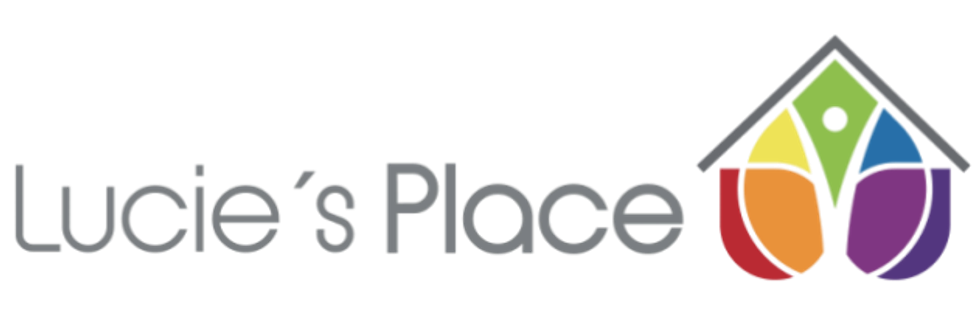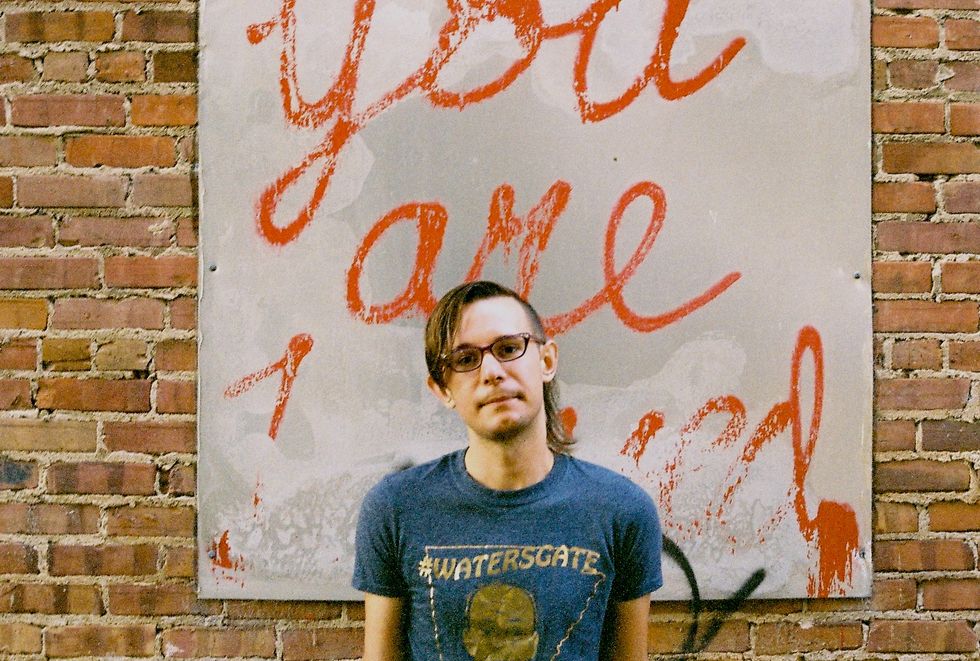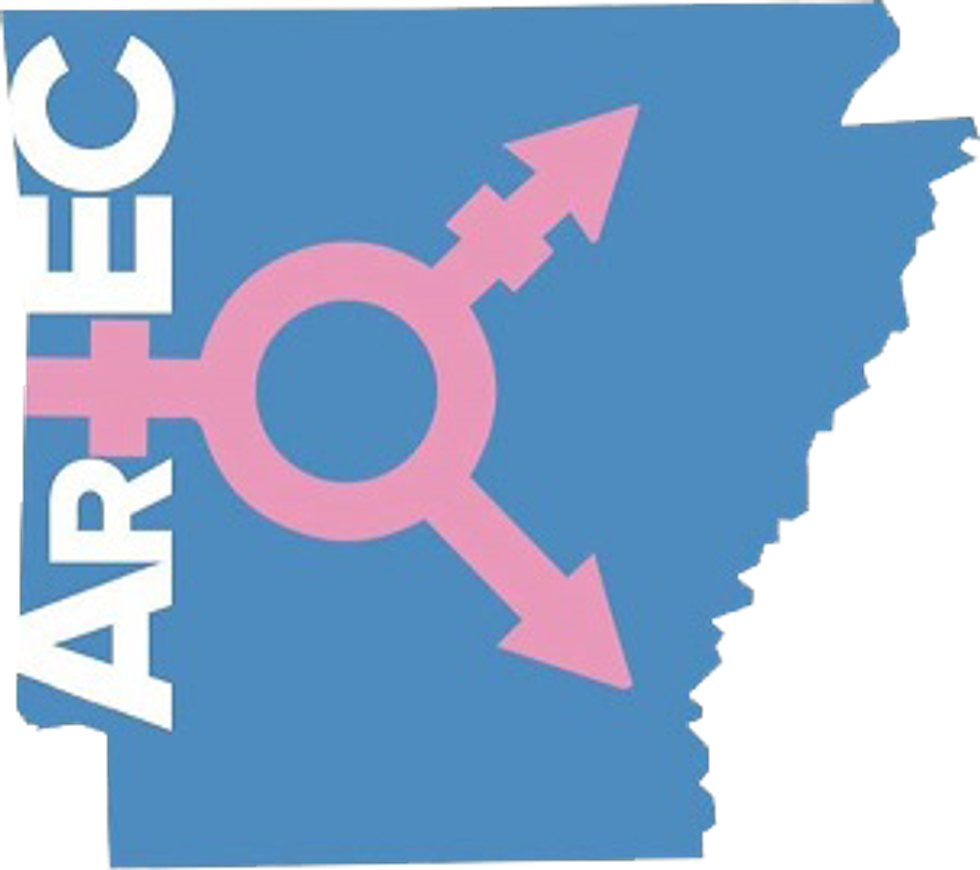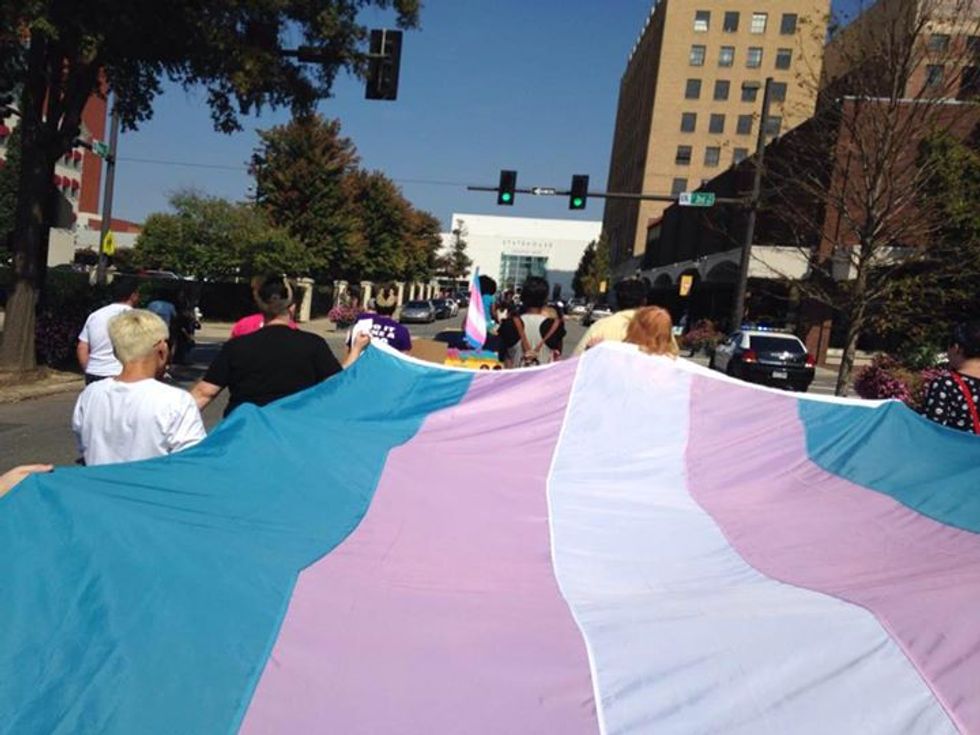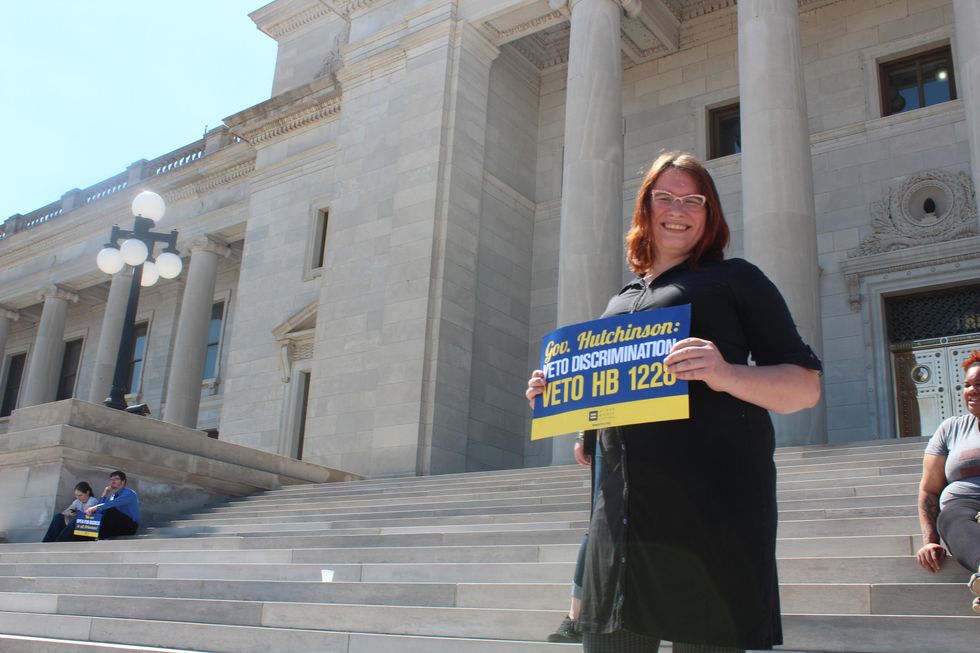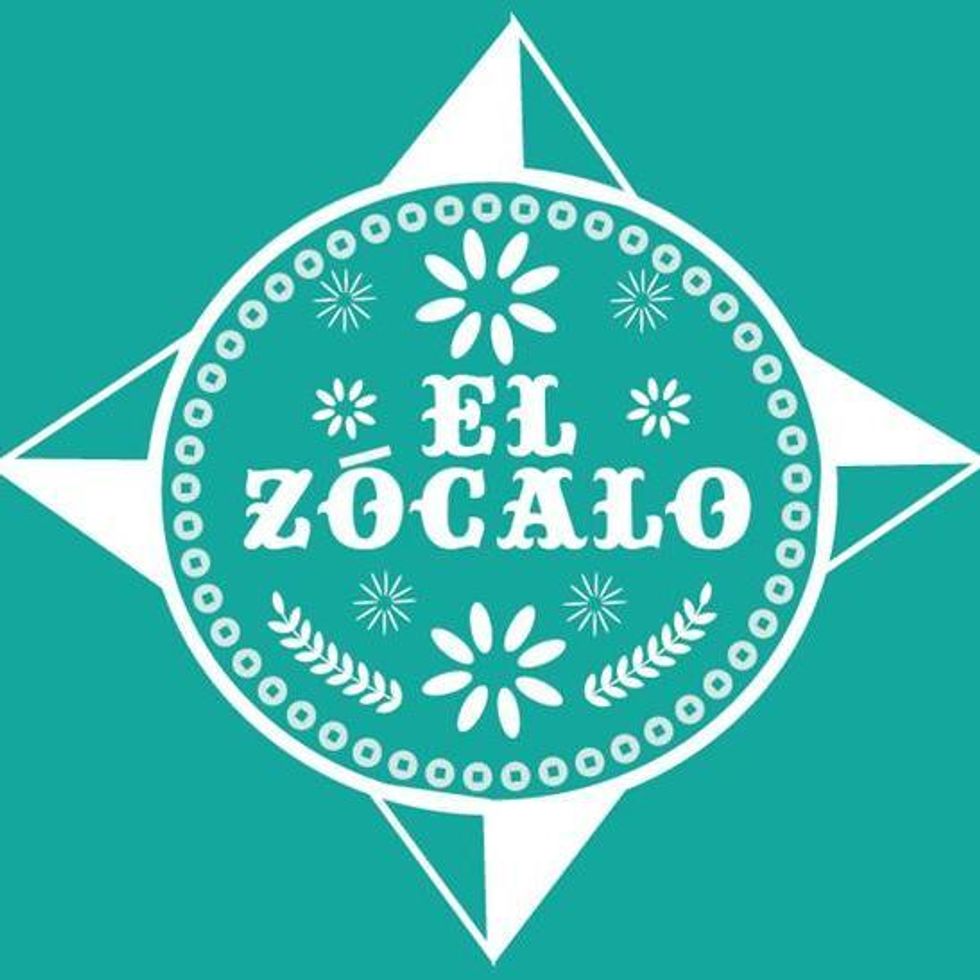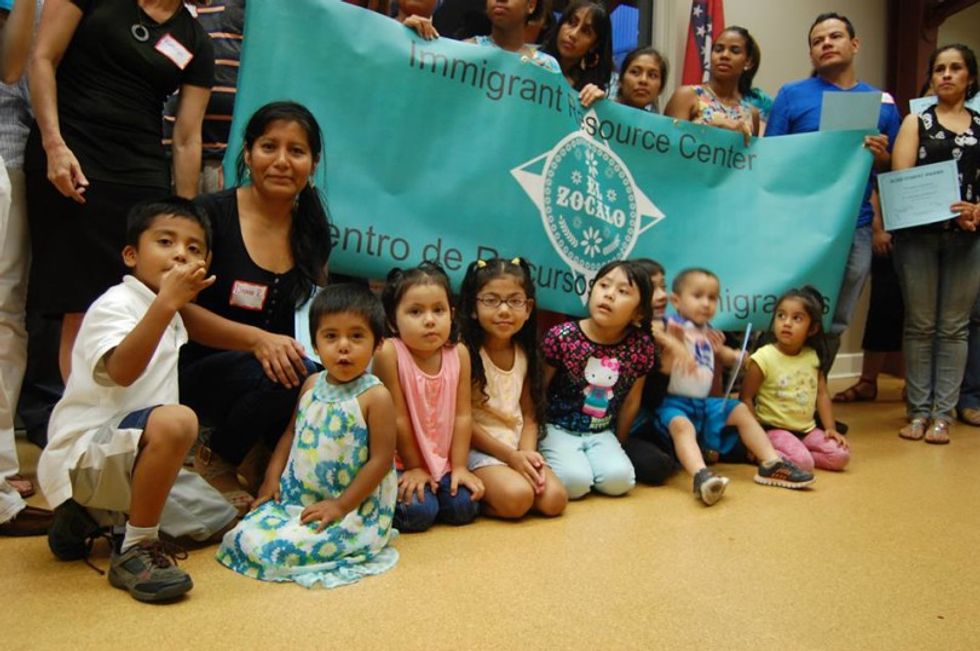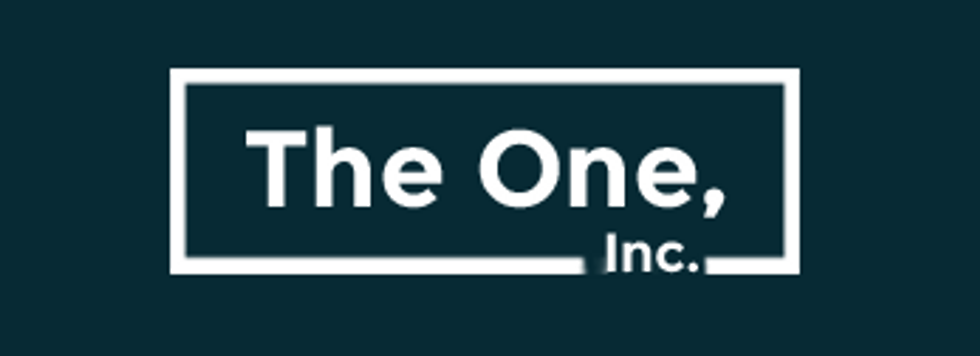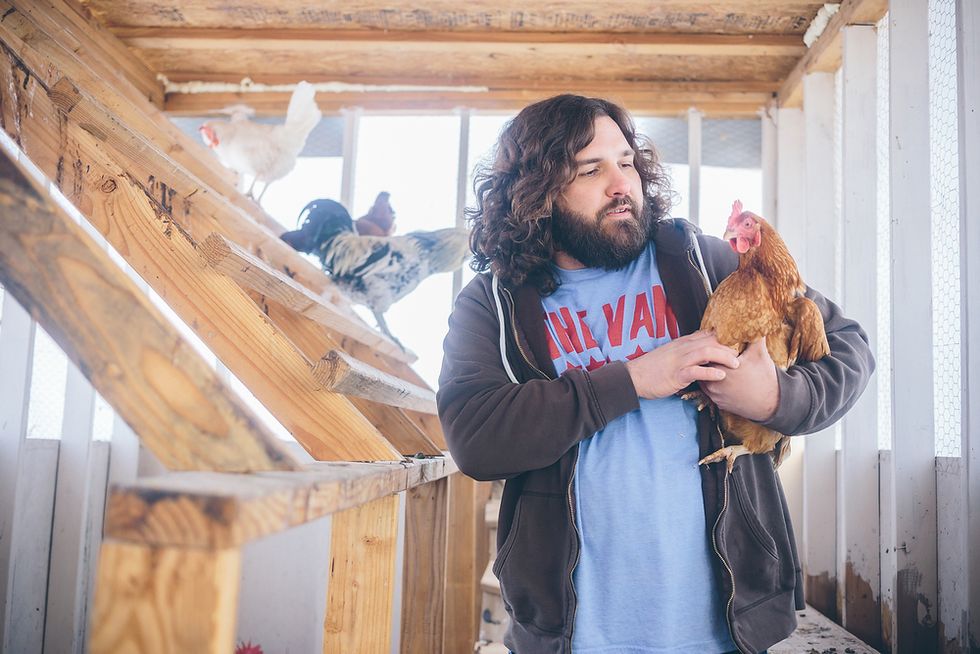Last week, an overwhelmingly white group of American spring breakers chanted "Build that wall!" while on vacation in Cancun, Mexico. The Army Corps of Engineers have refused to cease construction on the Dakota Access Pipeline. There will be no more diplomacy with North Korea; China and the Middle East are now foreign threats– and the recently increasing hate crimes against Asian, Arab, and Muslim Americans coincides with these decisions. Violence against every marginalized group in every state are continuing to rise while the legislations protecting them are being rolled back. Trans women, especially black trans women, are still being killed.
For many of these events, they are eerily reminiscent of our history- past presidents, past prejudice, past administrations and past apathy (after all, no president's cabinet has looked like this since Ronald Reagan in the 80s). For others, it hasn't changed. The high rate of violence against black and brown trans women has stayed the same, with a recent spike that has maintained its level since 2015.
In our efforts to help these communities, we may often overlook the small grassroots organizations in our local areas who are the most involved in direct action and have some of the closest connections to these communities. Resources for LGBT+ individuals and people of color in the rural South are few and far inbetween, and here in Arkansas (the second poorest state in the US), poverty and homelessness are rampantly affecting the most vulnerable members of society. The responsibility to uplift and emancipate these individuals usually fall to these small-scale organizations, ranging from LGBT+ and racial justice orgs to immigrant resource centers to mobile food banks.
Small, independently-run local nonprofits are often underfunded and running on extremely limited resources. If you have the means to donate, then one of the most effective ways to make your dollars count is to donate it to local organizations that are participating in direct action and are being led by or collaborating with affected marginalized individuals. If not, then YOU are your best resource! Donating your time, energy, and mental/physical labor is another way of helping out those who need the help. Volunteer with these groups or come to their events to assist and show support.
“DYSC is a safe space for me to be who I am and to grow as a responsible activist. I am able to contribute genuine work towards a common goal with others and not feel alone.” –Violet, a local youth organizer with Center for Artistic Revolution (CAR).
The Center for Artistic Revolution is currently running out of a church basement–a space that has become a safe haven for many of Little Rock’s LGBT youth. Diverse Youth for Social Change (DYSC) provides these youth with a place to openly express their identities while also learning how to get involved in the community and participate in efforts to promote racial, social, and LGBT+ justice. DYSC youth gather in weekly meetings and receive free education on social issues and social justice advocacy, have the freedom to socialize with other members of their communities, and have access to resources such as LGBT literature, pamphlets and writings by social advocacy organizations, and a closet full of clothes for transgender and gender nonconforming youth who may have difficulty acquiring attire that fits their gender presentation. The youth of DYSC have written their legislators, attended rallies, assisted in lobbying, and many have grown up to become fully developed activists and organizers in their own right.
In addition to DYSC, the Center for Artistic Revolution is also home to Latinxs Revolución LGBTQ, a program that intends to provide the Latin American community of Arkansas sorely-needed safe spaces, events, and resources.
“There is a truth and a reality we often forget about or is put in the back burner, shadowed by victories such as same-sex marriage. The reality that if you don’t fit the new norm you are still left wondering where you belong. Our mission, as has been for D.Y.S.C - CAR's LGBTQIA Youth and Young Adult Program, is to break boundaries and the status quo. To provide those still left in the margins a space to be heard and a chance to find the strength in their own stories and voices.”
Among the various other resources and programs provided by CAR are training workshops for educators on cultural competency and anti-bullying workshops that address the needs of LGBT+ students and co-workers.
The Center of Artistic Revolution and affiliated programs have also come out, time and time again, in efforts to lobby for and against legislation to meet the needs of LGBT+ individuals and particularly LGBT+ individuals of color. CAR, and more specifically Revolución, has publicly marched in solidarity with the Little Rock chapter of Black Lives Matter. In addition, CAR has backed recent efforts by local organizers like Rae Nelson and Zachary Miller in lobbying against various bills proposed by Arkansas legislators targeting the transgender community and participated in action against this legislation.
Donate to the Center for Artistic Revolution
"I was kicked out for being gay. They let me know they didn't want me there because I made the other girls uncomfortable.” -Quenisha McGee, a 24-year old Lonoke native who sought help from Lucie’s Place after being kicked out of a homeless shelter for being a lesbian.
Lucie’s Place is a nonprofit organization based out of central Arkansas that focuses on providing housing and resources to homeless LGBT+ young adults from the ages of 18 to 25. In the often religious and conservative south, particularly in rural areas, many LGBT+ identified youth face the problem of being kicked out of their homes or experiencing harassment and abuse from their family members due to their sexual orientation or gender identity. In addition, finding steady employment and housing as a homeless individual becomes even more difficult in a state that has virtually no legislation protecting same-gender-attracted and transgender/gender-nonconforming individuals from discrimination.
“It is estimated that up to 40% of homeless young adults identify as LGBT; nearly 6 times higher than the general population. The need for LGBT-specific homeless programs and housing in the Natural State is immense because many LGBT people often struggle to find shelters that will accept their sexual orientation and/or gender identity,” says a press release from Lucie’s Place.
In addition to offering housing whenever space is available, Lucie’s Place also provides food, clothing, toiletries, STD tests, bus passes for transportation, free to use bathrooms, and cell phones, all of which makes a huge difference to individuals without access to these resources who are attempting to survive on the street. Not only does Lucie’s Place seek to meet immediate needs, but the organization also intends to help LGBT+ youth with the transition process from life on the streets to a permanent home by offering assistance with education, employment, and counseling.
“Residents of the home will develop the skills that we all take for granted. How to wash clothes, budget money, pay bills, obtain and maintain employment, keep an orderly living environment, and so on. Homeless LGBT young adults often do not know how to perform these and other basic tasks because they grew up in unstable, and often abusive, family situations. For many, this home will be the first stable, accepting environment in which they have ever lived,” says Penelope Poppers, the director of Lucie’s Place.
Donate to Lucie’s Place
3. Arkansas Transgender Equality Coalition
“The Arkansas transgender community is a community in crisis. The state’s known transgender population has grown substantially due to the local and national advancements on transgender rights, but Arkansas does not have enough legal, medical and other resources to meet their needs. There are transgender persons who live outside of Little Rock and Fayetteville who travel up to two hours to find medical services.” -Andrea Zekis, co-founder of ArTEC.
The first (and only) statewide trans-led organization in Arkansas, the Arkansas Transgender Equality Coalition was founded in response to the severe lack of resources for transgender individuals in the state, in addition to an already hostile environment for trans people here in Arkansas. Since its beginnings in February of 2014, ArTEC has become a major force in efforts to lobby against anti-trans and anti-LGBT legislation, educating businesses and institutions on trans-inclusiveness, improving resources for trans individuals in rural areas, and expanding access to adequate healthcare for trans people. In 2015, ArTEC received a $15,000 grant from the Patient-Centered Outcomes Research Institute in Washington D.C, and partnered with the University of Arkansas for Medical Sciences (UAMS) to improve the quality of healthcare for the transgender community in Arkansas.
However, as the visibility of the trans community grows, so does legislative opposition and institutional discrimination. Though ArTEC has become a major provider of resources and education to trans individuals throughout the state, state legislators have largely ignored the struggles of the trans community or have outright targeted them, such as the bathroom bill that recently hit the Arkansas legislature, often making it more difficult for trans-advocacy organizations to do their work. Most positive changes to laws that affect trans individuals in Arkansas tend to come from the federal legislature.
“The state level varies from state to state, so a state like California which has a much larger and heavily funded LGBT movement and often more supportive lawmakers can get more done for the transgender community than a state like Arkansas,” explains Andrea Zekis. “Here, the transgender community has had mild success in coalition with other groups, only to see the many of those wins wiped out by oppositional forces. Lawmakers want to limit our ability to get protections written into the law in this state.”
The recent bathroom bill targeting the transgender community in Arkansas was dropped by Senator Linda Collins-Smith, the lawmaker who first proposed the bill, after opposition from many groups including LGBT organizations and the transgender community, tourism groups, and even the governor of Arkansas, Asa Hutchinson, who notably encouraged Arkansas schools to disregard President Obama’s guidance on ensuring transgender students are protected from sex discrimination.
Many of the individuals that protested and lobbied against these bills include members/volunteers of the Center for Artistic Revolution and other LGBT justice organizations. A local organizer for racial and LGBT justice, Rae Nelson used the bathroom bill as a stepping-off point to address the broader racial and patriarchal oppression that has resulted in a high rate of violence against black and brown transgender women. She and organizer Zachary Nelson is working with the Center of Artistic Revolution to host a march for uplifting black and brown transgender women on Transgender Day of Visibility.
Donate to the Arkansas Transgender Equality Coalition
4. El Zócalo Immigrant Resource Center
“I moved to the United States of America and married my husband. It was very hard with communication and two different cultures, it is still and maybe forever. One of my friends died. She was special to me. Because of her, I reflect on my life. I try to understand others, also care about different ethnicities. I realize that everything is connected to each other. I would like to support others and the community.” -Ji Yeon, a visitor at El Zocalo Immigrant Resource Center and a migrant from South Korea.
Seeking to improve the quality of life for all immigrants in Arkansas, El Zócalo Immigrant Resource Center provides resources and education to address the issues of poverty, legal vulnerability, and lack of access due to language and cultural barriers in Arkansas’ immigrant communities, with a focus on Latin American immigrants. The center also seeks to form connections with other nonprofits and educate non-immigrant populations to aid in protecting and empowering Arkansas’ immigrant communities.
El Zócalo provides basic assistance to low-income families with workshops on health, wellness, and life skills, and a food and clothing pantry that includes fresh produce from local community gardens. In addition, the center works with the Dee Brown Public Library to provide free weekly English as a Second Language classes that are open to the community. El Zócalo Immigrant Center has also hosted events such as film screenings and art showings that communicate stories about immigrants and marginalized communities to the public. Currently, there is a virtual exhibit of stories on the El Zócalo website told by members of Arkansas’ immigrant communities.
El Zócalo List of Resources for Immigrant Communities
Donate to El Zócalo Immigrant Resource Center
5. The One, Inc
“I heard the vehicle pull up. I peeked out my tent, and I didn’t think anything, but then once I heard his voice, I knew who it was. I had nowhere to go. [The Van] came right on time.” -Jimmy Treece, a 61 year old Arkansas native and a member of Little Rock’s homeless population.
Originally just one determined person with a vehicle, The One started after the success of Aaron Reddin’s first endeavour to help the homeless of Little Rock, called simply “The Van”. Reddin (and now other volunteers) would drive around the central Arkansas area to distribute resources like food, clothing, water, and toiletries to homeless individuals directly. After the success of his venture, The One, Inc was formed to offer other services for people who are living on the streets, such as mobile showers, Kathryn’s House (a shelter for homeless women), and The Field, an independently managed farm that offers unsheltered individuals a chance to make a day's’ wage and enjoy fresh produce.
Many volunteers with The One are able to establish friendships with the people they help, often meeting more than just their immediate needs. One of the original goals of The Van was to help the homeless and unsheltered of Little Rock in the most direct ways possible, and this focus appears throughout The One’s various programs and visions. Every penny of donations are used in direct measures to provide for and protect the homeless.
In February, drivers at The Van reported eviction notices posted by city officials at homeless encampments throughout Little Rock and surrounding areas. The eviction notices give individuals at these camps a short amount of time, usually only a few days to a week, to move their belongings and find a safe place to take shelter. Most people who settle in a homeless encampment have very few options for safe shelter and many have no other place to go. These evictions have often involved homeless individuals having their belongings thrown away if they fail to find a safe place in time- in some instances, folks have had their wallets (containing identification and important documents) tossed into the trash. In response, Reddin organized a protest at Little Rock City Hall.
Posted on February 3rd, The Van’s Facebook post regarding the evictions reads, “Human beings do not cease to exist just because you force them to leave one location to seek a new space to sleep. Little Rock can do better than this!”

